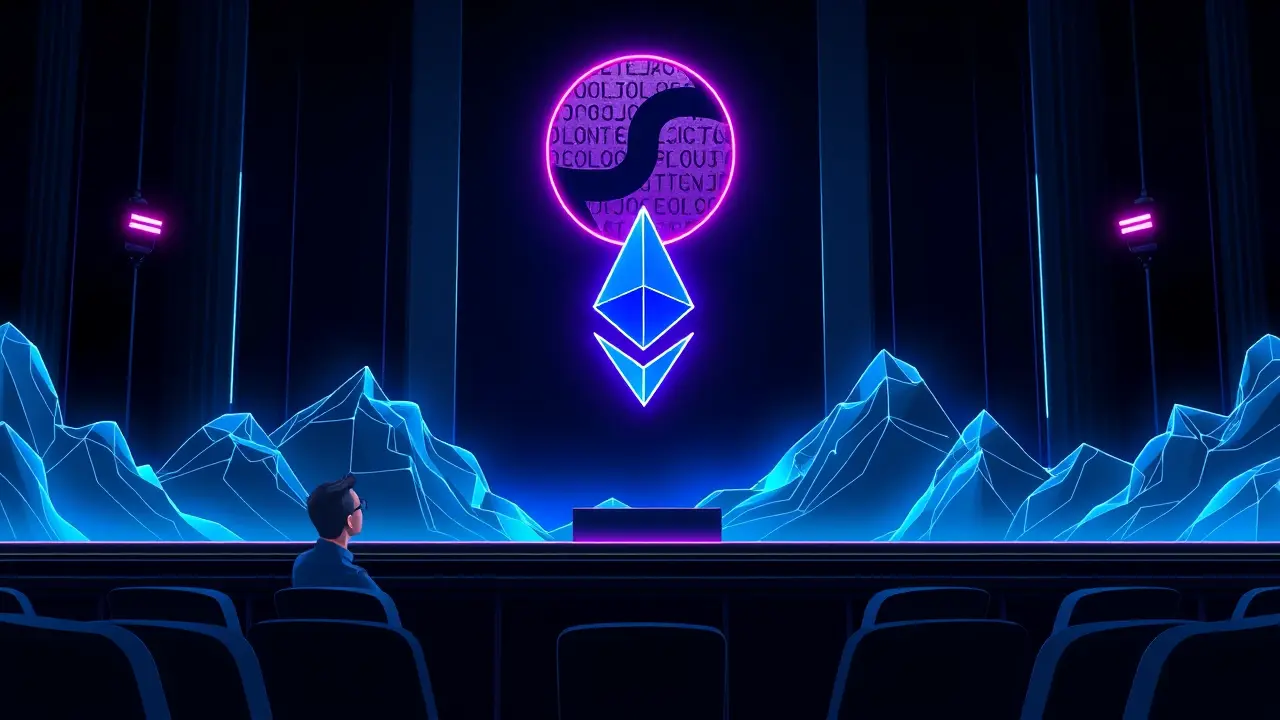
AI
Outpoll Weekly Recap: AI (September 15 – 21, 2025)
DA
Daniel Reed
3 hours ago7 min read
This week in the AI landscape felt less like a steady march of progress and more like a series of sharp, tectonic shifts, forcing a fundamental re-evaluation of what's possible. The seismic event was undoubtedly the open-source release of 'Cortex Prime', a multimodal model from a hitherto unknown collective that isn't just nipping at the heels of the giants but is, in several key benchmarks, setting a new pace.Its architecture, which elegantly fuses reasoning with high-fidelity image generation in a single, streamlined pipeline, has sent a shockwave through the research community, challenging the prevailing wisdom that such capability requires the trillion-parameter scale and closed-door development of Big Tech. The immediate market reaction was a predictable, albeit fascinating, volatility in prediction markets; futures on the incumbent leaders saw a sharp 8% dip, while speculative contracts on 'Open-source AGI by 2028' surged by over 25%.This isn't merely a new tool; it's a philosophical grenade lobbed into the heart of the AGI debate, forcing a conversation about whether the path to superintelligence will be a centralized, controlled ascent or a chaotic, distributed explosion. Concurrently, the regulatory arena heated up significantly with the EU's provisional agreement on the 'AI Liability Directive', a piece of legislation that, while dense with legal jargon, essentially establishes a clear framework for assigning blame when high-risk AI systems fail.For developers, this moves the conversation from abstract ethical principles to tangible legal peril, potentially chilling innovation in areas like autonomous systems while simultaneously boosting prediction market odds for stricter global regulations to an all-time high of 72%. Meanwhile, in the applied sphere, the buzz centered on 'Project Chimera', a Google DeepMind initiative that demonstrated a single LLM agent capable of autonomously managing a complex software project across coding, testing, and deployment.Watching it work is like observing a super-competent project manager who never sleeps; it successfully identified bugs, wrote patches, and deployed updates for a legacy system with zero human intervention. The implications for software development are staggering, suggesting a future where the role of the engineer evolves from coder to high-level specifier and auditor.This flurry of activity—from the disruptive open-source movement to the tightening grip of regulation and the relentless automation of complex tasks—paints a picture of a field at a critical inflection point. The race is no longer just about who has the biggest model, but who can build the most robust, governable, and ultimately, useful intelligence in a world that is rapidly writing the rules for its coexistence.
#Weekly recap
Stay Informed. Act Smarter.
Get weekly highlights, major headlines, and expert insights — then put your knowledge to work in our live prediction markets.
Related News
© 2025 Outpoll Service LTD. All rights reserved.














